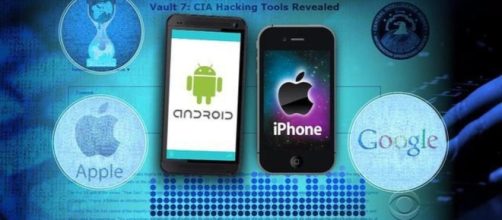Wikileaks latest release, dubbed "Vault 7 Part One: 'Year Zero,'" displays a litany of methods and tools the C.I.A. might be using to hack into and take control of devices, computers, TVs and possibly even vehicles, as well as the methods the C.I.A. purportedly uses to avoid oversight. The average American may easily feel that they have no reason to be worried so long as they have nothing to hide, but if the leaks are proven to be true it may affect or already be affecting them in many ways.
Could this affect you directly?
If the leaks are true, yes.
The leaks do not show proof of the tools being used against American citizens, however, it would indicate that it could be done. It would also mean that you might not have any knowledge you are being listened to or even being watched.
You might consider the age-old adage, "if you have nothing to hide, then you have nothing to fear." However, if the C.I.A. is able to find vulnerabilities in devices to exploit and gain access, that means others can as well. Additionally, in order to avoid possible prosecution, WikiLeaks claims, the C.I.A. "made these systems unclassified." This means that the systems, like any other software or code, can be stolen or pirated. Thus, it could be used against peoples' devices by anyone who possesses it, "peer states, cyber mafia and teenage hackers alike."
Could this affect you indirectly?
Again, if proven true, yes.
Not only could the "systems" be used against the average person, but they can also be used against government officials, including our own, all the way up to the President. This means that not only could highly classified information be compromised, but as could the target's personal safety. Likewise, control of the individual's communications could be taken over - for example President Trump's official Twitter account - and used to push misinformation.
Likewise, it may contribute to possible misuse, overreach or corruption within government agencies. The leaks also claim the C.I.A.'s Remote Devices Branch maintains and collects "a substantial library of attack techniques 'stolen' from malware produced in other states including the Russian Federation." This would allow the C.I.A.
to fein the digital fingerprints of another country - potentially Russia, who many have claimed hacked into government systems around the 2016 presidential election.
While WikiLeaks latest release has not been officially confirmed, it has not been officially denied either, as the C.I.A. has declined to comment. WikiLeaks claims the reason for the release is so that the issue can "urgently" be "debated in public, including whether the C.I.A.'s hacking capabilities exceed its mandated powers and the problem of public oversight of the agency."

